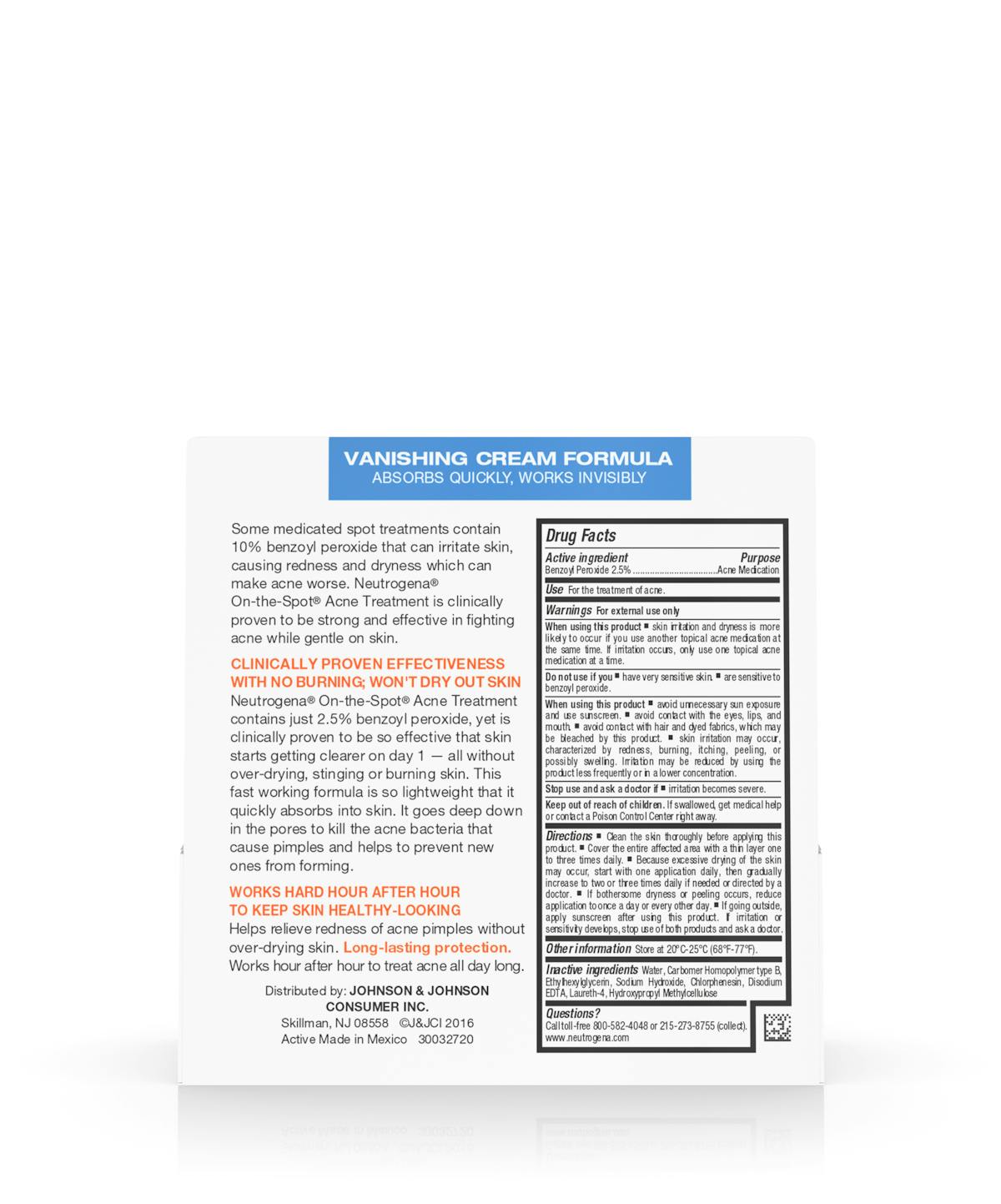
Many acne medicine treatments are available and work in different ways to clear acne. Some of the medication ingredients target certain areas of the acne while others kill the bacteria that can clog the hair follicle.
Clogged follicle can be the reason for acne not clearing away. Some acne medicine offer short term relief while others give you long-term relief. There are some side effects that come with a few ingredients. Most go away with use. The most common ingredients in acne medicines are the six listed below.
Alcohol & Acetone
These two ingredients are the main ones used in many acne products especially cleansers. They work great in removing oil and dirt from the skin. Unfortunately, these same tow ingredients can cause the skin to burn or sting. Some dermatologists will tell you not to use products or medication with this in it if you have severe acne.
Salicylic Acid
This ingredient works to dissolve the breakouts by removing the dead skin cells stuck inside the hair follicle. This prevents clogged pores letting the oil and sebum flow through without causing infection. The first few days of use might bring on mild redness and stinging. A two percent mixture is all that is necessary. A stronger mixture might be needed if the acne is severe.
Benzoyl Peroxide
This is considered one of the most effective ingredients in acne medicine. It is an agent which kills bacteria and takes these same bacteria from the follicles. It will also help to dissolve the skin cells. Most acne medicine have about 2.5 percent in it but can reach as high as 10 percent. It will depend on how severe the acne is. Benzoyl peroxide is the best thing to use on early acne. It can dry the skin and scaling. It might also cause redness and swelling of the area.
Antibiotics
Some acne medicine has antibiotics in it to kill the bacteria present and to stop the spread of the acne. Some physicians give antibiotics to prevent scars. The antibiotic acne medication can come in oral form or tropical creams and ointments. They have a regular schedule of use and must be used within a certain period of time. Natural Tea Tree oil is a natural remedy to use in place of the antibiotics.
Sulfur
Sulfur is almost never used in acne medicine without something to accompany it. Sulfur is good for acne reduction, removing excess oil, and ridding the dead skin cells form the skin. It helps to dry the skin and can cause it to be sore especially at the beginning of treatment. If the problems continue, the sulfur must be stopped until the side effects go away. A lower dose may be used.
Isotretinoin
This acne medication ingredient helps to lower oil and sebum production. It will also help to sooth irritation and inflammation. The pores will also be unclogged and dead skin cells removed by the Isotretinoin. This ingredient can cause scaling of the skin and dryness especially around the lip area.



Acne Program - Step 10: Vitamins You Should Be Taking
Herbal combinations are a powerful way to reduce or eliminate acne symptoms. But, using herbal mixtures can sometimes increase acne activity or breakout temporarily. Learn which herbs you can use to create a strong herbal tea that will help clear your acne.
Read More
What to Do When Antiobiotics Fail to Treat Acne
Some call it the �acne antibiotic game�. First comes tetracycline, then comes doxycycline, and then your doctor finally recommends erythromycin. But what do you do when these common antibiotics fail to control your acne outbreaks? Well typically, your dermatologist might suggest isotretinoin- the ultimate prescription acne drug.
Read More
To Treat Acne, You First Have To Know How It Happened.
In almost any problem that you may face in life, if you understand how the issue started you can find a way to fix or solve it. This is not different when it comes to your skin and acne. To find the best acne treatment for you, you must first understand your acne condition.
Read More
Best Exposed Acne Treatment
The best exposed acne treatment you can find involves not only correct use of medications like acne cleansers and body washes, but consistent application of new habits that will help prevent acne breakouts in the first place.
Read More
This Article was written by : Alan Lim, Discuss about Advice Articles, it was published at February 17, 2009 and was updated at
Comments
Post a Comment